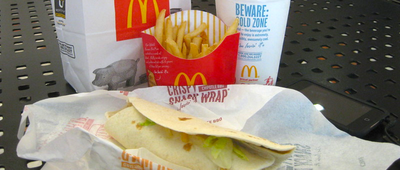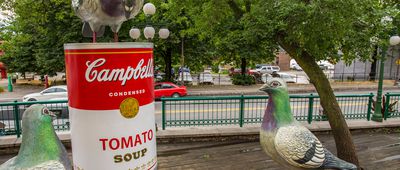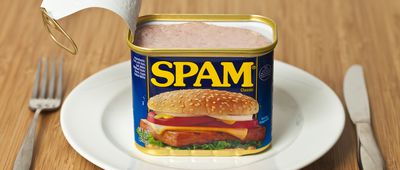Raw bitter almonds contain the toxin known as glycoside amygdalin, which also converts into cyanide when consumed. Boiling, roasting, or even microwaving them may reduce their toxic content, but further study is needed, according to Healthline. Thankfully, bitter almonds are not the variety you'd typically find in the grocery store. They're found in the wild and commercial settings, and are used to create extracts.
Sweet almonds, on the other hand, are safe to consume and those are the variety you'll usually find in the grocery store. That said, it's best to avoid moldy almonds and for those who are pregnant or have compromised immune systems should avoid sprouted sweet almonds.
Safe snacking, everyone.



















